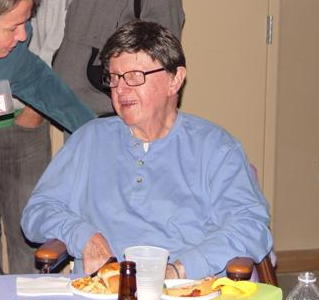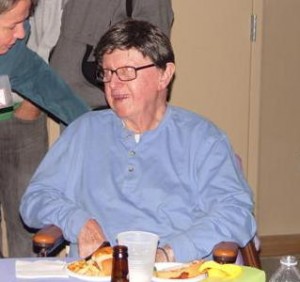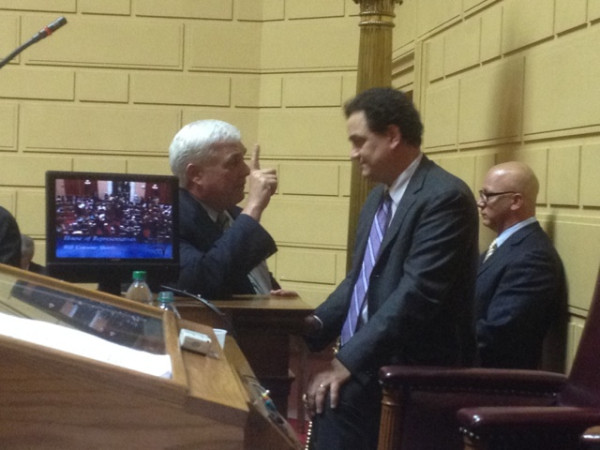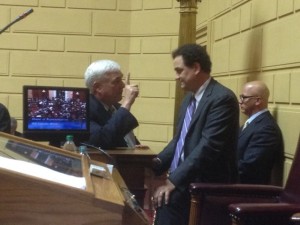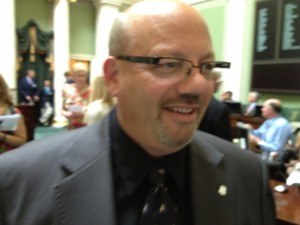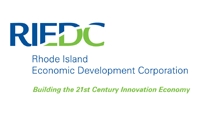 While most of the state has had their eyes glued to what’s happening in Woonsocket the last week or so; the focus on West Warwick has faded, yet the problems remain. After an extremely contentious town council meeting a week earlier, attended by more than a thousand residents (including students, the attendance at the meeting was likely closer to 1500), this week’s joint meeting of the council and the school committee was tame and anticlimactic.
While most of the state has had their eyes glued to what’s happening in Woonsocket the last week or so; the focus on West Warwick has faded, yet the problems remain. After an extremely contentious town council meeting a week earlier, attended by more than a thousand residents (including students, the attendance at the meeting was likely closer to 1500), this week’s joint meeting of the council and the school committee was tame and anticlimactic.
The June 5 meeting was marred by shouting, accusations of politics being played with the students being the pawns and the display of a rude gesture by Councilwoman Filomena Gustafson; all over the issue of the school committee having to cut a million dollars out of their budget that would then result in the loss of school sports and extracurricular activities.
At the outset of that meeting, Council President, Angelo Padula, launched into a tirade about how the school problems were completely the fault of the unions and the school committee and had nothing to do with the council. His disdain didn’t end there though, Mr. Padula continually referred to the attendees as, “You people,” even though many in the crowd shouted that they weren’t just a mob, they were residents and taxpayers.
Letting the council know how they felt, the crowd that night made it clear that the council was at fault and by blaming others, it was a very poor example to set for the children. By the end of the meeting, the council assured the gathered masses that they would meet with the school committee and come to a resolution, even though the two bodies barely speak and have blamed each other of mismanagement for years.
So, the much smaller crowd at this week’s joint meeting of the two bodies was completely surprised when all were seated on the stage and acting professionally. The council explained the budget, followed by the school committee making their presentation and on entering the auditorium everyone received the joint press release from the council and committee. It stated that the committee had met in the interim on June 8 to discuss the issues and resolve the budget conflicts. It went on to say:
“Both parties are happy to say that all matters between them have been resolved…litigation between the parties shall be dismissed; the five percent reduction that has been in place since 2011 has been rescinded and the school committee’s decision to eliminate interscholastic sports, extracurricular activities and advanced placement classes has been rescinded.”
Basically, the council had their hat handed to them by the school committee as all demands brought at the prior meeting had been resolved in their favor as their total funding had been restored, probably as the result of the adverse ruling by Superior Court Judge Rubine. However, Council President Padula once again couldn’t resist pointing the finger of blame instead of accepting responsibility for making poor choices. This time, instead of launching a rant against the unions and the school committee, Padula pointed out that all the town’s financial woes are the result of poor stock market performance and the drain the Station Nightclub Fire litigation put on the town.
School Committee Chair, Jim Williamson was more gracious in his remarks, focusing on the cooperation needed to get the deal done and how it brought new optimism, how it appropriately addressed the needs for the coming fiscal year; but he warned that future budgets were still uncertain and the town faced future financial instability.
Former councilman, Peter Calci, took to the microphone and pointed out just how fragile the town’s finances are, highlighting the fact the town has made and continues to make minimal pension contributions and by doing so, risks the town’s solvency.
While the budget was approved by a vote of 403-96, allowing the council and committee to save face in an election year, there are obviously those in the town who still aren’t happy and don’t buy into the Kumbaya-singing at Monday’s meeting or the pronouncement that the two bodies will continue to work together. That’s obvious by the sign displayed in the back of a truck at the town budget vote on Thursday, reminding people it’s time for a change on the council. Someone has also gotten very creative and posted a YouTube video, mocking Councilwoman Gustafson and her “Ward Four Salute.”
While West Warwick isn’t quite in the same league as Woonsocket right now, the voters are just as unhappy and in both municipalities the rumblings for change are growing stronger.


